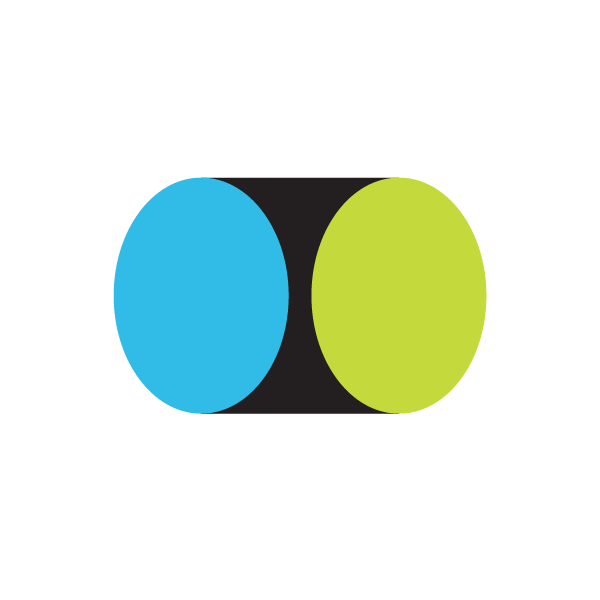Mobile apps are not like ‘Field of Dreams’. If you build it, they might NOT come.
It’s obviously imperative to prioritize mobile experiences in today’s mobile-centric world. Case in point: Since the COVID-19 pandemic initially surfaced in the US, early reports show that mobile usage increased one hour per day on average. People are increasingly opting for their phones over desktops to perform all online tasks – 51% of the time spent online is on a mobile device in America.
We all know mobile trends are up, and companies are smart to evaluate its mobile approaches. But there must be a solid strategic vision for their product or service before app discussions begin.
In other words, an app is simply a means to an end. It should enhance and progress company objectives, but rarely establish them.
“A great hammer isn’t going to make a better carpenter,” says Pramit Nairi, UX designer, Opus Creative studio contributor, and UCLA design instructor. “You have to define what the end-state is before the app work begins. The app needs to bridge that, then get the customer to the end-point in a memorable, efficient, and pleasing way.”
As a company, it’s easy to proclaim, “we need an app.” And as a tech-centric creative agency, we generally agree that an app is an excellent way to build brand affinity and advance company objectives. To start, we recommend asking these questions before app discussions begin in earnest:
Who does the app serve?
What are the app’s core functions?
How does the app advance company
objectives?
If you struggle to answer any of those questions – or even if there’s a bit of hesitation – it’s a good idea to re-set and start from square one. Companies can survive and even thrive without a mobile app experience, depending on the industry. Of course, if the app is part of the company’s core product (i.e. Uber) it’s a different story altogether. In most cases, apps should contribute—but not be solely responsible for—the company’s overall objectives.
It’s important to note that apps are typically not used solely for marketing purposes. In fact, Apple’s App Store commonly rejects apps that are too focused on marketing or advertising. Apps should serve as tools—and like any good tool, it should make life easier for its users. Conversely, marketing is usually a disruptive practice, pushing content in front of users.
An app is not simply a marketing tool. Consider an app a functional tool first, and marketing delivery system second. If done correctly, an app can be an enhanced extension of the original product that makes users love it even more.
“If you take tech as an enabler and take people who have needs, and you match them, we have opportunities to help people do things that they never imagined,” Pramit says. “It’s all very exciting.”
